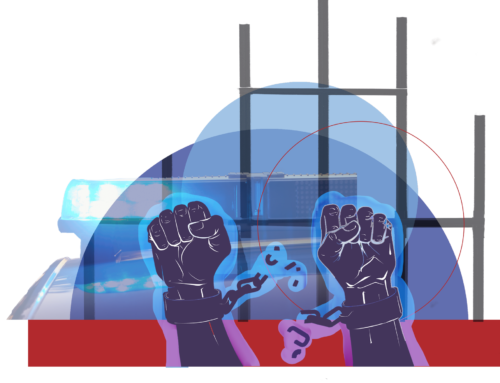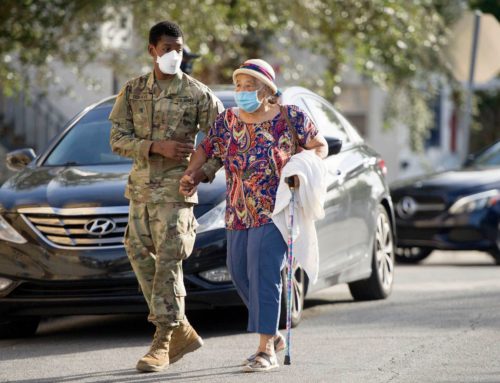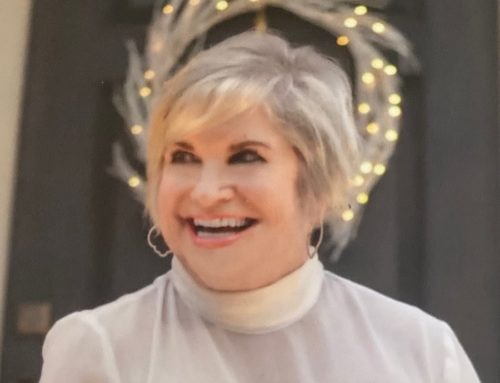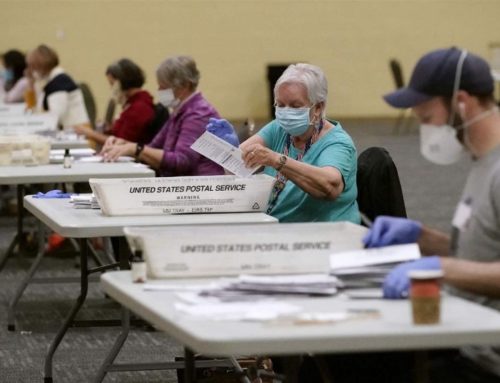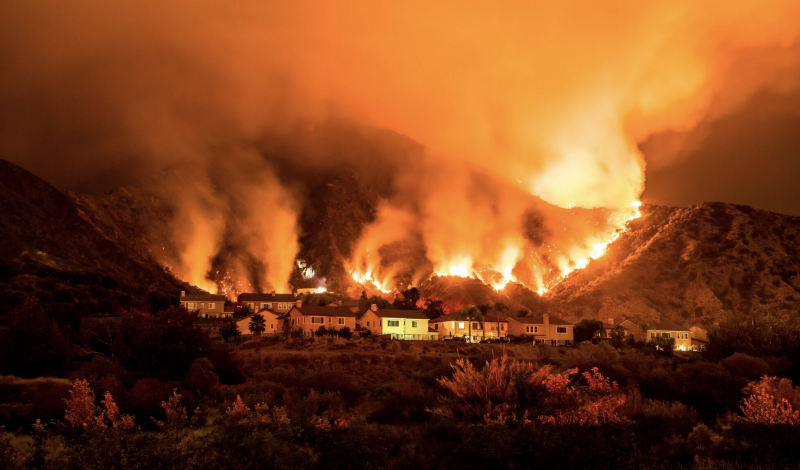
Nine months into 2020 and six months into the COVID-19 pandemic in America, we continue to see underlying disparities magnified. Millions of Americans are not only facing the effects of the pandemic, but are having to also evacuate from hurricanes and wildfires, many of whom could not afford a crisis even before the pandemic. In February of this year, before the COVID-19 pandemic hit, one in every three Americans lived with economic insecurity; more than half of which are people of color as the result of decades of structural racism and inequity. Even worse, approximately 140 million Americans could not afford a $400 emergency even before we faced a global pandemic.
With wildfires burning in the West, the disparate impact in air quality for Black and brown Americans is growing. This is especially concerning because certain air pollutants have been found to increase the severity and lethality of COVID-19. But it’s not just out west where air quality is a problem. A recent study examined “air pollution and coronavirus deaths in the roughly 3,100 U.S. counties and found a close correlation between levels of hazardous pollutants and the per-capita death rate from COVID-19.” Six of the ten worst counties to live in because of the combined COVID-19 death rate and respiratory hazards are in Louisiana and Alabama.
This shouldn’t be shocking to any of us. As my friend Ret. Lt. Gen. Russel L. Honoré said, “Who is affected more when it’s cold? Poor people. Who is affected more when it’s hot? Poor people. Who is affected more when it’s wet? Poor people. Who is most affected when the economy is bad? Poor people. Poor people are the most fragile.”
Climate change and it’s more extreme weather patterns and rising seas will continue to have a disparate impact on communities of color, from the Gulf Coast to the Black Belt of Alabama and Georgia.
Centuries of discriminatory policy are coming together at this moment. We now face life and death decisions at an unimaginable scale. The light at the end of the tunnel is that our collective road to recovery is one we are traveling together, facing these facts head on and redesigning systems that produce a different outcome.
UPCOMING EVENTS
Census in the South: Road to Recovery Virtual Bus Tour Makes Its Final 2 Stops
It’s crunch time! There are only eight days left to respond to the 2020 Census. This week, we are bringing our virtual bus tour to a close with our final “stops” in Georgia on:
- Tonight at 7 pm ET/ 6pm CT for a panel discussion among faith leaders
- Wednesday at 7 pm ET/ 6pm CT for a conversation with state leaders as we wrap up the tour
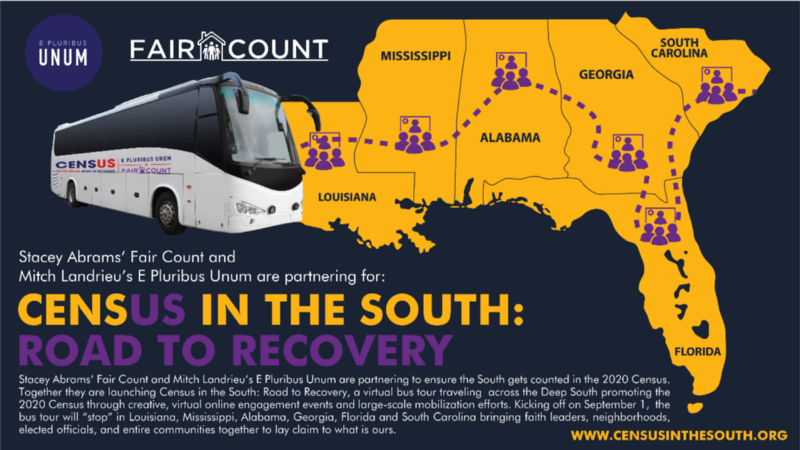
We have “travelled” the South on this virtual bus tour with the knowledge that our collective road to recovery from COVID-19 is going to be long but that we will get there. And when we do, we need to be sure that our communities have thriving local economies: fully funded healthcare in case we get sick, schools that are not overcrowded, and programs for all our kids who need them. We worked to make sure all Southerners — who live in a region that is historically undercounted — are accurately represented in the 2020 Census.
If you still need to respond to the census, visit www.my2020census.gov, or call, toll free, 1–844–330–2020. Don’t let your community miss out on the power and money it deserves.
Truth. Action. Reconciliation. Conversation Series Focuses on Criminal Justice
EPU’s weekly conversation series on how we move forward together to address the issues that surround race and equity in the South
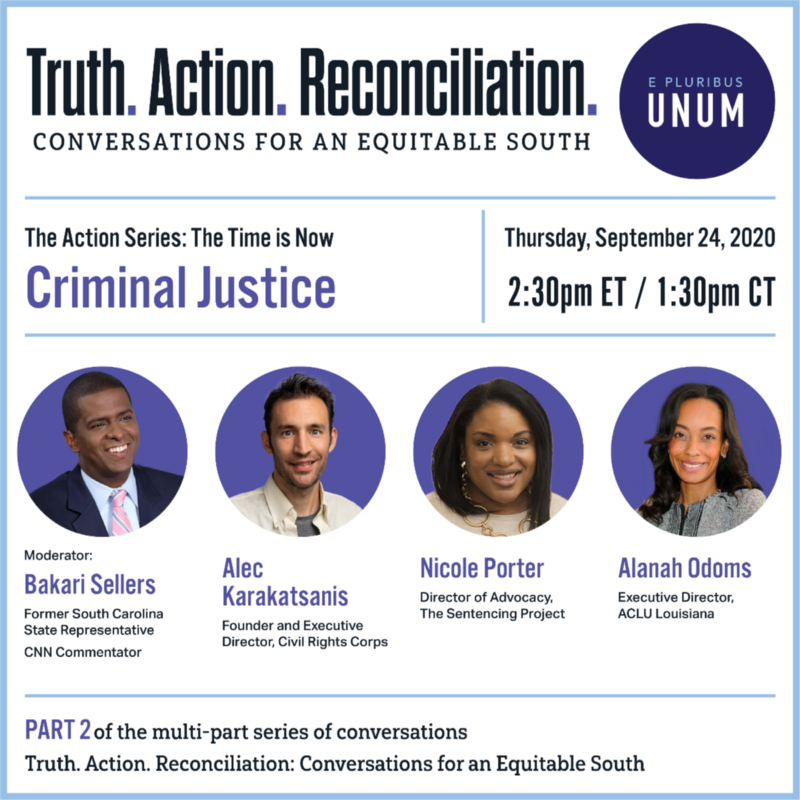
Thank you all for joining us for our first installment of the “Action” Series last week. Missed our conversation about the importance of audacious leadership? Check it out here.
Join us this Thursday for our second conversation in the “Action” Series as we explore real solutions for lasting change within the American criminal justice system. Now that we better understand our history of the criminal justice system, what changes need to be made? Can our nation’s federal, regional, state and local leaders ensure that those who have found a voice in this time won’t lose momentum in this fight against institutional racism? What needs to be done and how will we redesign the criminal justice system?
THE ACTION SERIES: The Time is Now
Criminal Justice
Thursday, September 24, 2020
2:30 pm ET / 1:30 pm CT
NEWS AROUND THE SOUTH
Alabama
Amid a national reckoning over racial injustice, the Alabama Department of Archives and History is confronting its legacy, which celebrates a version of the past that was favored by many Southern whites and all but excluded Black people. In June, leaders formally acknowledged the department’s past role in perpetuating racism and so-called lost cause ideals. [AL.com]
Arkansas
Arkansas Heart Hospital uses new robot to kill COVID-19 germs [KATV]
Georgia
Twice delayed because of the coronavirus pandemic, Georgia’s primary election earlier this year was marred by dysfunction: potential voters waiting for hours at polling places, absentee ballots that never arrived and votes cast after midnight. The problems were most acute in Fulton County, where election officials are now making changes to avoid a repeat in November, as Georgia emerges as a potential presidential battleground. [ABC News]
Kentucky
Kentucky House Democrats have unveiled a series of bills they plan to introduce during the 2021 General Assembly to modernize Kentucky election laws. This includes early in-person voting, excuse-free absentee ballots, voting hours expansion, same-day voter registration, and redistricting reform/maps with citizen input. [Northern Kentucky Tribune]
Louisiana
A U.S. District judge ruled that Louisiana should allow more access to absentee mail ballots for the Nov. 3 presidential elections, last week. [The Advocate]
Mississippi
The Mississippi Department of Health reported no new coronavirus-related deaths Monday.[Clarion Ledger]
North Carolina
Groups mobilize Latino voters by tapping into culture and youth and evoking unity and nostalgia. [NBC News]
Tennessee
In an effort to dispel misinformation, the Tennessee Secretary of State has launched a video series answering frequently asked questions about the upcoming 2020 election, including how to register, important deadlines, and how to vote absentee by mail. [WVLT8]
Texas
Because of the pandemic and the expected unprecedented voter turnout for the Presidential Election, there is an unprecedented demand for election workers this year. The general election will require local election officials to hire more election clerks because of an extended early voting period, new cleaning and disinfection protocols, and expectations that more people will use curbside voting and mail-in ballots. Find out what poll workers do, who qualifies to be one and how to become one. [Texas Tribune]
Virginia
Most kids in coastal Virginia will start their school year from home, meaning internet access is critical for classroom participation. Suffolk Public Schools have devised a plan for students who don’t have access, because they live in rural areas. [FOX40]
Recent News & Commentary
ProPublica: New Research Shows Disproportionate Rate of Coronavirus Deaths in Polluted Areas
The Washington Post: Flooding from Hurricane Sally is Rooted in Human Action and Racist History
The Hill: Democrats Push Resolution to Battle Climate Change, Sluggish Economy and Racial Injustice
The New York Times: How Climate Migration Will Reshape America

